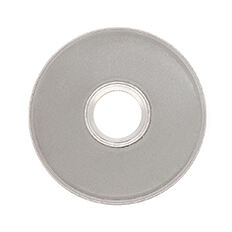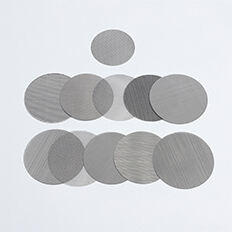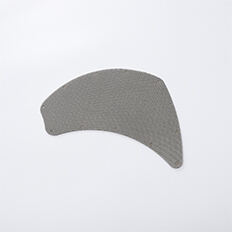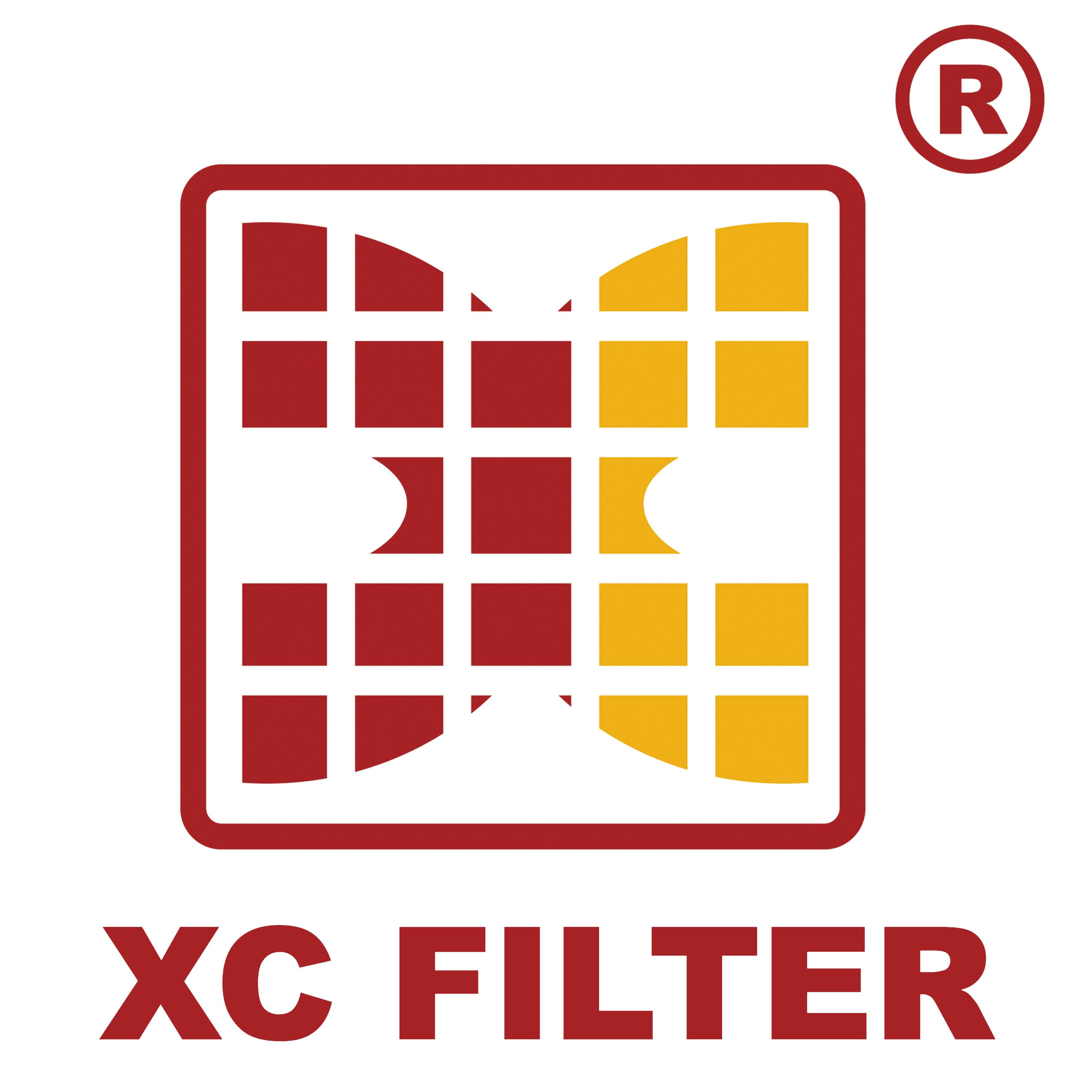One of these way cool wire mesh screens! That is a kind of fine mesh woven with thin lines. That type of mesh screen is: Wire Cloth Mesh Screen For this we are going to write about stainless steel fine mesh screens and for the most part why they can be so beneficial! We will reveal to you how they are created, where these materials have its utility and what advantages do these supplies bring.
Wire cloth mesh screen is used in any number of applications, for a variety of causes. They can be found in buildings, cars, boats and even aeroplanes! Mesh screens are a thin grid or weave of wires that creates small holes when woven together. These apertures may vary from the planned use of identical screens in size. Alternatively, you might use a screen with smaller openings in your car to keep out dirt and bugs or one with bigger openings around the window so air can pass through. Wire cloth type mesh screens are an ideal way of featuring this since they come in multiple materials including stainless steel, aluminum, copper etc., well-suited for countless types of jobs
There are some good arguments as to why metal wire cloths may be beneficial for construction use, however; not the least of which is that these things can withstand quite a bit and generally last long period. More wear and tear They do not damage or break easily This means that they are great for being tossed about and scratched, without all the extra weight. They are also highly versatile, so they can be molded to various shapes and hold their form. Which means it is easier to put them in various spaces. Part of the advantage of using them is due to how you can create wire cloth mesh screens with varying opening sizes. This diversity makes them excellent for a whole range of things, from purifying air to providing security in masonry.

The following are some key items to consider when selecting the perfect wire cloth mesh screen for a job. To begin with, think about the hole size of mesh. The answer to this will vary depending on the purpose for which you are using the screen. I want to filter out tiny particles, so I might choose smaller openings for the car. But on the other hand, if that is going into a project for which you need more air volume to flow through them maybe bigger openings would work better. It also depends on what the wire cloth mesh screen is made of as well. Some materials are more beneficial than others. Stainless steel is very strong and unlikely to rust, so long as decomposition of the environment does not cause oil canning or other problems. Aluminum however is lighter than steel, which can be a benefit in applications where weight factors.

The process of making wire cloth mesh screens is quite complex and consists of several steps. To hend the wires that will be used, you need first to make them thinner than the desired width. This is key as well because it does determine the strength of the mesh The wires are then interwoven using a special machine. This can vary according to the type of mesh screen being manufactured, among other things. The construction of screens consists a plain weave pattern which is just the very basics in terms of strength and simplicity or twill, offering more flexibility. Once they are woven, the finished screens go through a quality control check to verify that make meets the appropriate standards before leaving our factory and being sent out to customer.

Wire cloth mesh screens can be used in many facets of employment within a myriad amount of jobs and industries. Further, you will often find them in construction projects to increase the strength of concrete and even for window/door screens (allow air flow through with a screen is over it but still keep bugs out. It is widely used in the automobile industry for grilles and to protect engines from dirt и debris. The aerospace industry uses wire cloth mesh screens to make air filters and ventilation systems that keep airplanes functioning properly, aiding in both efficiency and safety.
Yangzhou Xuancheng Filter Screen Co., Ltd., one of the producers of extruder screening has been devoted to the development and production of plastic extrusion filters for a number of years. They have amassed the most extensive technical knowledge and have gained experience in this business. They are extensively used in the industries of plastic granulations modified by granulations recycling granulations, extrusions made of sheets and films, and many others along with the filtration of chemical fibers. There is a broad range of products that include filters, edging meshes, spot-welded meshes stainless steel mesh belts reinforced wire mesh, conveyor belts, mist eliminators and so on. offering a variety to meet the varied needs of the customers. It has provided services to more than 500 prominent plastic, petrochemical and metallurgical manufacturing companies around the globe, with a vast market coverage and great branding influence. The company has a high technical power, a high degree of specialization, complete production equipment and a complete test method. The company has been certified ISO9001:2015 to ensure stability and reliability product.
A skilled team of after-sales services is on hand to provide complete technical and service support. This can be done by calling the company's number, online customer service and social media. When the products are purchased, regular communication with the buyer is conducted to gain an understanding of the usage of their filters, as well as the future requirements and expectations. The after-sales team can address customer concerns and feedback quickly by collecting the details. Additionally, feedback from customers is also passed back to the product design and production departments in order to improve the quality of products and services. The experienced team examines the root of the problem and provides key solutions to decrease the frequency of this issue. Only when the two complement each other can we give customers an exceptional after-sales customer experience. This enhances customer loyalty and aids in the long-term growth of the enterprise.
The filter in the extruder is made of premium metal with very fine pores. This helps to eliminate contaminants and enhance the quality and purity of the polymer. The structure of the filter is designed to ensure a high efficiency in filtration while the material is flowing through it, thus reducing the possibility of the likelihood of clogging. This increases the efficiency of production. The metal filter is highly resistant to resistance to corrosion, wear and high temperatures. Customized filter products are available to satisfy the requirements of different clients, and also to fit with the equipment. A high-performance filtration system decreases the time lost to interruptions caused by the accumulation of impurities and boosts the productivity.
Customized services include the selection of the filter material, pore size and shape, as well as other aspects. They can also provide customized filters according to customer requirements and specifications for the extruder. The customized services allow the optimization of parameters for filtering such as structure material, filtration accuracy and more. This can improve the efficiency of filter filtration and longevity. The production is performed according to the specific requirements of the customer, and avoids excessive waste, in order to save customers money. According to the specific needs and applications of customers, taking into consideration the specific demands such as corrosion resistance as well as high temperature resistance wear resistance, etc. Choose the materials that have corresponding properties, such as galvanized iron, stainless steel, etc. Create a filter design that is appropriate for the installation and operating conditions of your client.


Copyright © Yangzhou Xuancheng Filter Screen Co., Ltd. All Rights Reserved - Privacy Policy